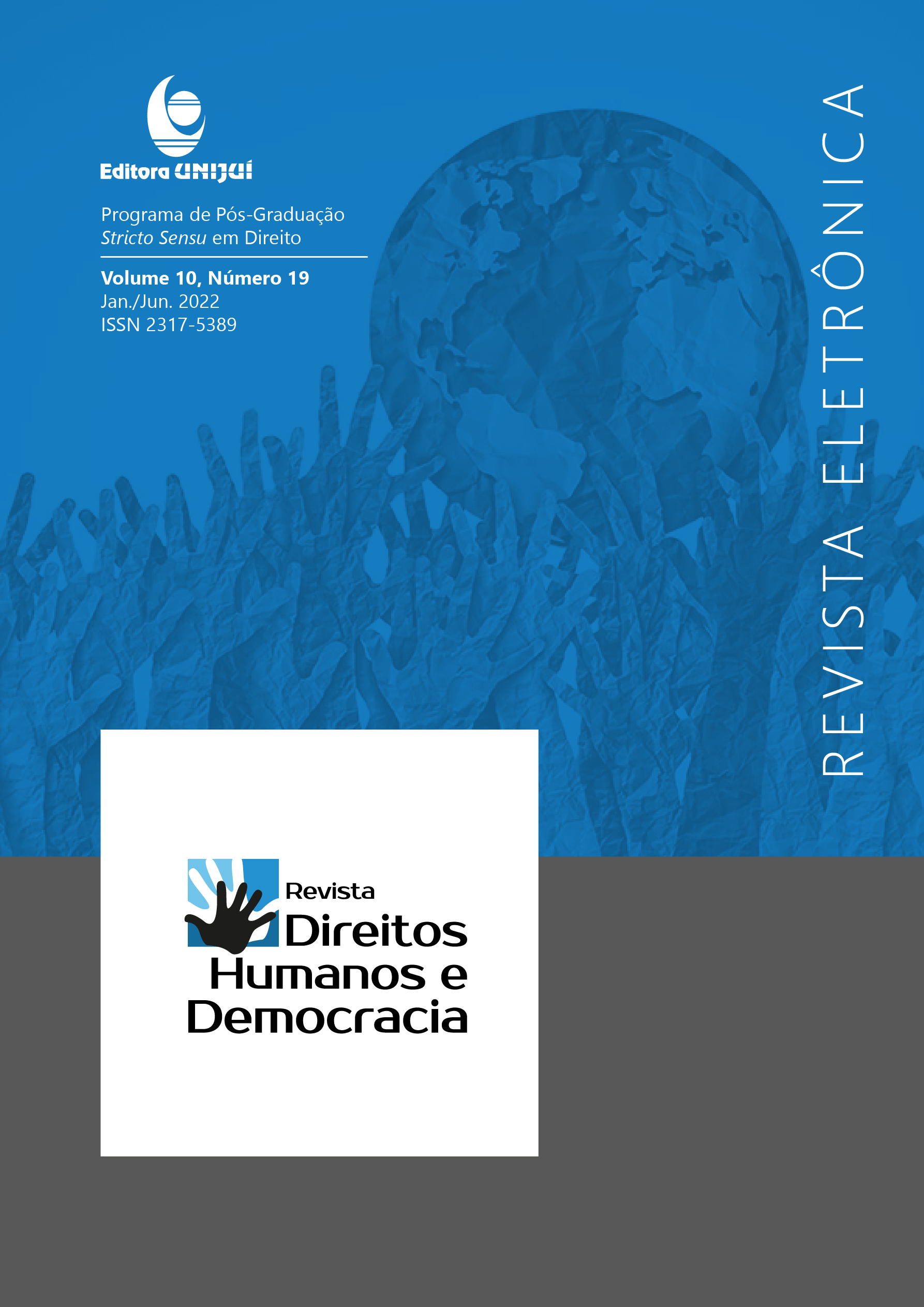Peculiarities of electoral listing and the right to vote for the indigenous voter
DOI:
https://doi.org/10.21527/2317-5389.2022.19.10802Keywords:
Constitution; enlistment; obligatoriness; vote; indigenous.Abstract
The purpose of the proposed reflection is to inform and clarify the peculiarities that involve the indigenous electoral enlistment for the effective exercise of the right to vote. The Federal Constitution imposes mandatory electoral enlistment and voting expressly in its text. Voting and enlistment, in addition to a civic duty, are inherent rights for citizens so that they can participate effectively in the political direction of their country. Indigenous people have the same rights and duties as any other citizen, so the State cannot create situations or create obstacles that hinder their engagement in the choice of their representatives or in the dispute for an elective political office. Once the constitutional requirements and those provided for in the electoral legislation have been fulfilled, their participation in the construction and strengthening of the young Brazilian democracy is fundamental. The search for greater space in the political field, in addition to constitutional guarantee, proves to be a necessary condition for society to recognize its minimum rights to a dignified existence as an ethical minority. The research is bibliographic and documentary.
Downloads
Published
How to Cite
Issue
Section
License
Copyright (c) 2022 Revista Direitos Humanos e Democracia

This work is licensed under a Creative Commons Attribution 4.0 International License.
By publishing in the Revista Direitos Humanos e Democracia, authors agree to the following terms:
Articles are licensed under the Creative Commons Atribuição 4.0 Internacional (CC BY 4.0), which allows:
Share — copy and redistribute the material in any medium or format;
Adapt — remix, transform, and build upon the material for any purpose, including commercial use.
These permissions are irrevocable, provided the following terms are respected:
Attribution — authors must be properly credited, with a link to the license and indication of any modifications made;
No additional restrictions — no legal or technological measures may be applied that restrict the use permitted by the license.
Notices:
The license does not apply to elements in the public domain or covered by legal exceptions.
The license does not grant all rights required for specific uses (e.g., image rights, privacy, or moral rights).
The journal is not responsible for opinions expressed in the articles, which remain the sole responsibility of the authors. The Editor, with the support of the Editorial Committee, reserves the right to suggest or request modifications when necessary.
Only original scientific articles presenting research results of interest, not previously published or simultaneously submitted to another journal with the same purpose, will be accepted.
References to trademarks or specific products are intended solely for identification purposes and do not imply any promotional endorsement by the authors or the journal.
License Agreement: Authors retain copyright over their articles and grant the Revista Direitos Humanos e Democracia the right of first publication.













